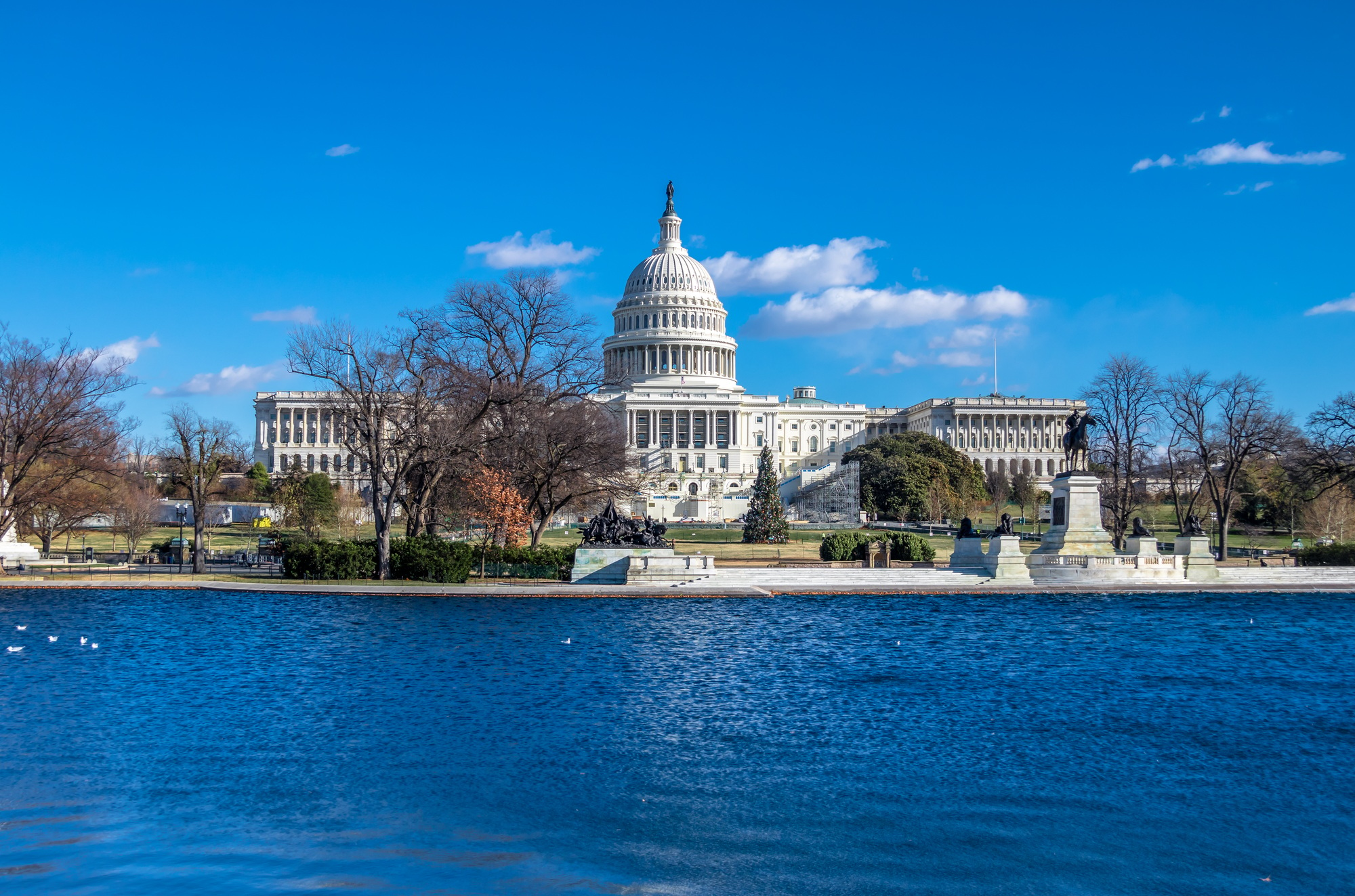Senate Advances Bill to Boost Quantum Computing Research

Insider Brief
- The Senate advanced the DOE Quantum Leadership Act of 2024, proposing $2.5 billion over five years to boost U.S. quantum research and development.
- The bipartisan bill focuses on quantum networking, domestic manufacturing, and public-private partnerships to accelerate quantum innovation.
- With global competition intensifying, the legislation aims to secure America’s leadership in quantum technology critical for national security and economic growth.
Congress is poised to deepen its investment in quantum computing as the Department of Energy Quantum Leadership Act of 2024 clears a Senate committee, according to NextGov. The bipartisan bill aims to keep the U.S. competitive in a field with implications ranging from cybersecurity to economic growth.
The legislation, co-sponsored by Senators Dick Durbin (D-Ill.) and Steve Daines (R-Mont.), promises $2.5 billion over five years to enhance the Department of Energy’s (DOE) quantum research efforts, the government news site reports. If passed, the funding would support projects such as quantum networking, which involves creating secure communication channels using the unique properties of quantum mechanics, and domestic foundry programs to develop cutting-edge quantum hardware. The bill also includes provisions to strengthen collaboration between government and private industry.
“When America invests in science, we lead the world,” Durbin said in a press release. “And nowhere is this truer than in advanced computing.”
Durbin added that he’s undertaken a crash course in quantum tech.
“There are brilliant scientists in my home state of Illinois,” he said in the release. “They’ve given me a crash course in quantum computing. I have visited Illinois’ two National Labs, Argonne and Fermilab, many times and seen their extraordinary work.”
The Senate Committee on Energy and Natural Resources advanced the bill during a lame-duck session of Congress, indicating strong bipartisan support for quantum technology investments, according to NextGov. With the National Quantum Initiative Reauthorization Act still awaiting action in the House, this bill represents a potential step toward maintaining momentum in federal quantum funding as the country prepares for a new administration.
Quantum’s Strategic Importance
Quantum technology, which manipulates the principles of quantum mechanics to solve problems beyond the reach of classical computing, has become a focal point of global competition. Nations such as China have ramped up quantum research, prompting U.S. officials to stress the importance of federal support. Advocates argue that continued investment will help secure America’s position as a leader in this critical area.
The DOE Quantum Leadership Act reflects a growing consensus among policymakers that quantum science is essential for national security and economic resilience. Quantum computers, for example, could crack existing encryption systems, making secure communication networks a pressing priority. Quantum sensors, another promising application, could revolutionize fields such as navigation and medical imaging.
Building Quantum Infrastructure
A significant focus of the bill is the development of domestic manufacturing capabilities for quantum technologies. Establishing foundries—specialized facilities for producing quantum devices—could reduce reliance on foreign supply chains and ensure the U.S. maintains a technological edge.
Equally important is the bill’s emphasis on industry outreach. By fostering partnerships between federal research institutions and private companies, the legislation aims to accelerate the commercialization of quantum technologies. These partnerships could help bridge the gap between laboratory breakthroughs and real-world applications.
Congressional Momentum
The legislation’s timing is critical. With a shift in executive leadership expected in 2025, the bipartisan push for this bill underscores its importance in safeguarding long-term investments in quantum science. Previous quantum initiatives, such as the 2018 National Quantum Initiative, have laid the groundwork, but lawmakers believe continued funding is necessary to sustain progress.
When the bill was introduced, Daines said that quantum was instrumental in the economic advance of his home state, Montana.
“Our National Quantum Initiative Program is essential in maintaining our position as global leaders in science and technology, and also supports hundreds of Montana jobs. I’m glad to work with my colleagues on renewing this bipartisan legislation that will accelerate quantum research, increase our national security, and bolster the economy both in Montana and across the nation,” said Daines.
What’s Next?
The DOE Quantum Leadership Act now awaits consideration on the Senate floor. If passed, it will represent one of the most significant federal commitments to quantum research to date. Experts say the bill could catalyze new advances in quantum science and secure the U.S.’s position in a rapidly evolving global landscape.
Durbin advised the Senate to act with urgency, adding: “This is timely. It’s important. It’s before this Committee. I urge you to enact it as quickly as possible. Let’s get it passed.”
